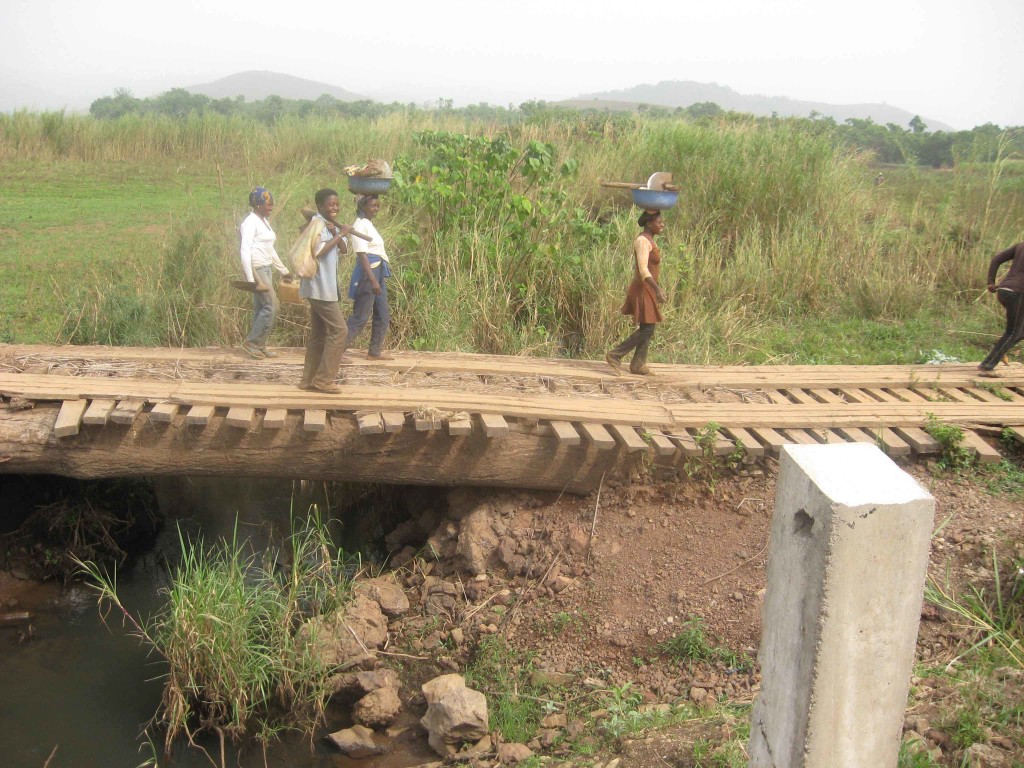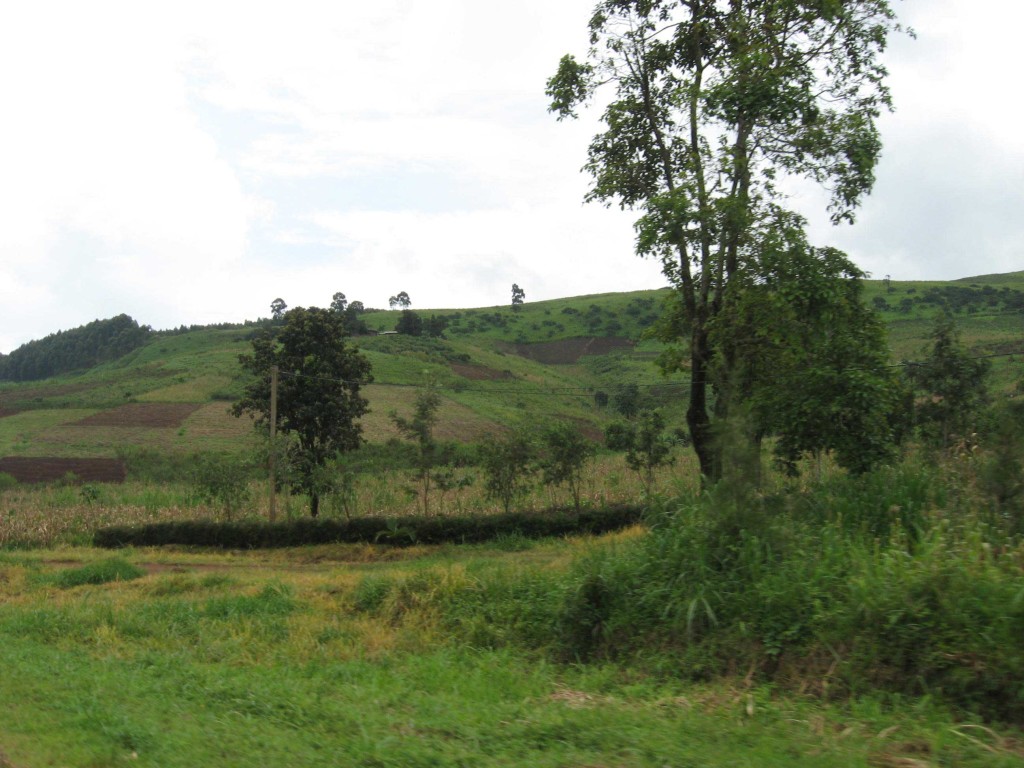In Cameroon men own the land they live on, while women spend their lives working on it for the survival of their family, but have no legal rights to it. The issue of land ownership by women in Cameroon is critical as it’s directly linked to the socio-economic growth and food security of the nation itself.
Gender Discrimination in Land Ownership in Cameroon: How did we get here?
Though the Constitution of Cameroon subscribes to the tenets of the United Nations Charter which advocates for the rights to all to use, enjoy, own and dispose of property, this is not reflected in the reality of life in Cameroon. In Cameroon women are the backbone of rural households and key players in the struggle against poverty.

Though they depend largely and in some cases, solely, on land for the livelihood of the family, because of disempowering patriarchal systems, women seldom have security of tenure of land. Women are assuming increasing roles in the education of children, provision of food, and paying for medical services, but pervading traditional belief systems work against their rights to land, which is the main source of livelihood in the predominantly agrarian economy of Cameroon, and for the rural woman in particular. In most rural areas, where customary practices prevail, land is owned and controlled by men. Essentially, women are considered to be part of a man’s property. When a girl child marries, she goes to her husband along with inherited land that he will eventually own, thus depleting family resources. The social construction of gender roles means female education is not a priority. Early marriages and childbearing roles coupled with a lack of education or formal skills, leave women under-represented in the formal sector of the Cameroonian economy. Land is a valuable source of potential economic development for women, but currently only as users, not owners, of that land. The question of women’s inheritance and ownership rights in Cameroon cannot be attributed to the complete absence of a legal framework, but to a legal framework that is toothless in the face of overridingly powerful customary practices. Women, particularly rural women, are unable to benefit from the legal provisions that protect their land rights because customary beliefs override the law, and this is seen as acceptable across the main spectrum of society and at law-enforcement level.
What difference would it make if women owned land?
When women don’t own land, they cannot guarantee that any of their long-term investment in land will yield dividends from which they can benefit. This has an impact on the quantity and quality of food produced, with a negative knock-on effect of increasing women’s dependence on their husbands. The type of rights that women hold to land is strongly linked to what investment they make in the land. Secure land ownership by women would, as a consequence result in more significant investment by women into that land. In the bigger picture incentivizing women’s investment in land through equality would have an impact on food security at a personal level, and on socio-economic growth and food security at a macro nation-building level. Furthermore, women who own land can use it as collateral to obtain loans to fund measures and intiatives to improve their living standards.
A Key Insight
A positive key finding is that in an attempt to minimise the negative impact of not owning land, women have resorted to regrouping themselves into farm organisations, pro-actively pooling their combined resources to acquire land. Despite limited resources there is evidence that farm organisations such as these have succeeded, which points to how women could potentially achieve far more with additional right-s-support and resources.
The Way Forward
Although depriving women from owning land has not deterred them from contributing enormously to the fight against poverty, there is much that needs to be done.

A holistic approach is needed for women’s land rights to be institutionalized within the overall reform system. The Ministry of Women’s Empowerment needs to advocate for gender-sensitive enforcement of laws, and needs to educate women about their rights so that they themselves are able to advocate for the implementation of laws that protect their rights. Gender inclusive land reforms have to be accompanied by the provision of gender-capacity building to all stakeholders involved in the land tenure process, if they are to be effective. We argue strongly in favour of building the gender capacities of those who make and implement the laws, rather than advocating for gender-sensitive reforms without the former. If government sets the pace, the local and traditional authorities will follow suit. When that happens, land-owning women in Cameroon will be empowered to make positive changes that will have a positive knock-on effect to the socio-economic growth and food security of the nation itself.
Read the full article: L. Fonjong, Lawrence Fombe, Irene Sama-Lang, 2013, The paradox of gender discrimination in land ownership and women’s contribution to poverty reduction in Anglophone Cameroon, Journal: GeoJournal Volume 78, Issue 3 pp 575-589, 2013-06-01
